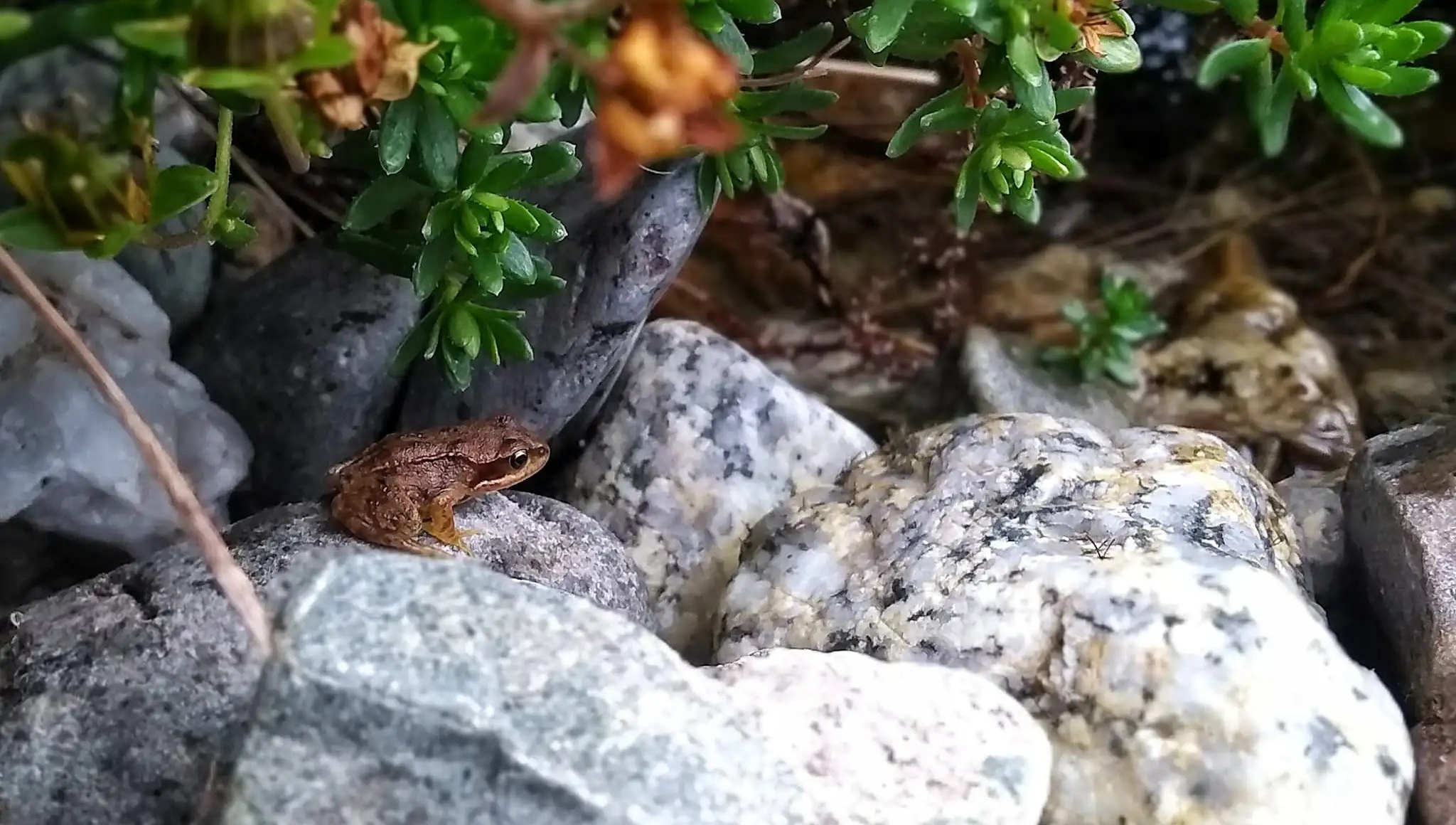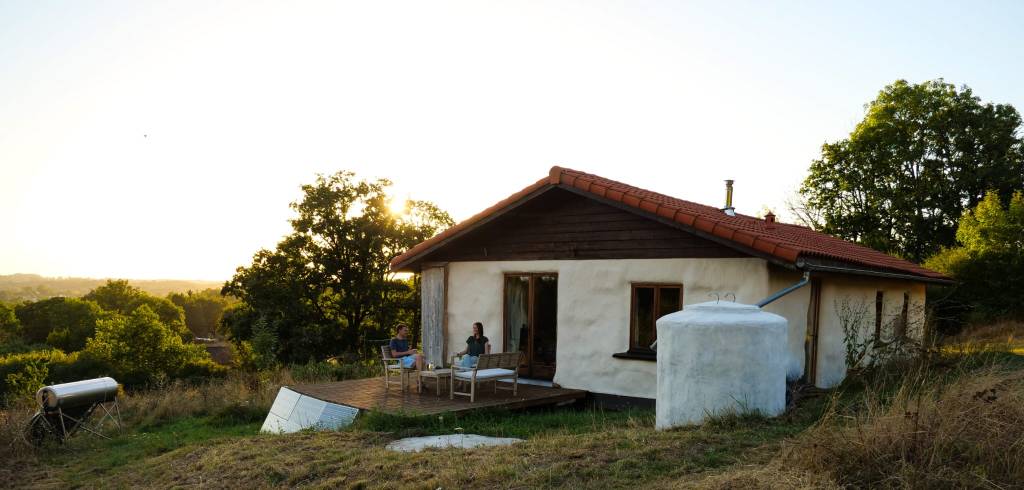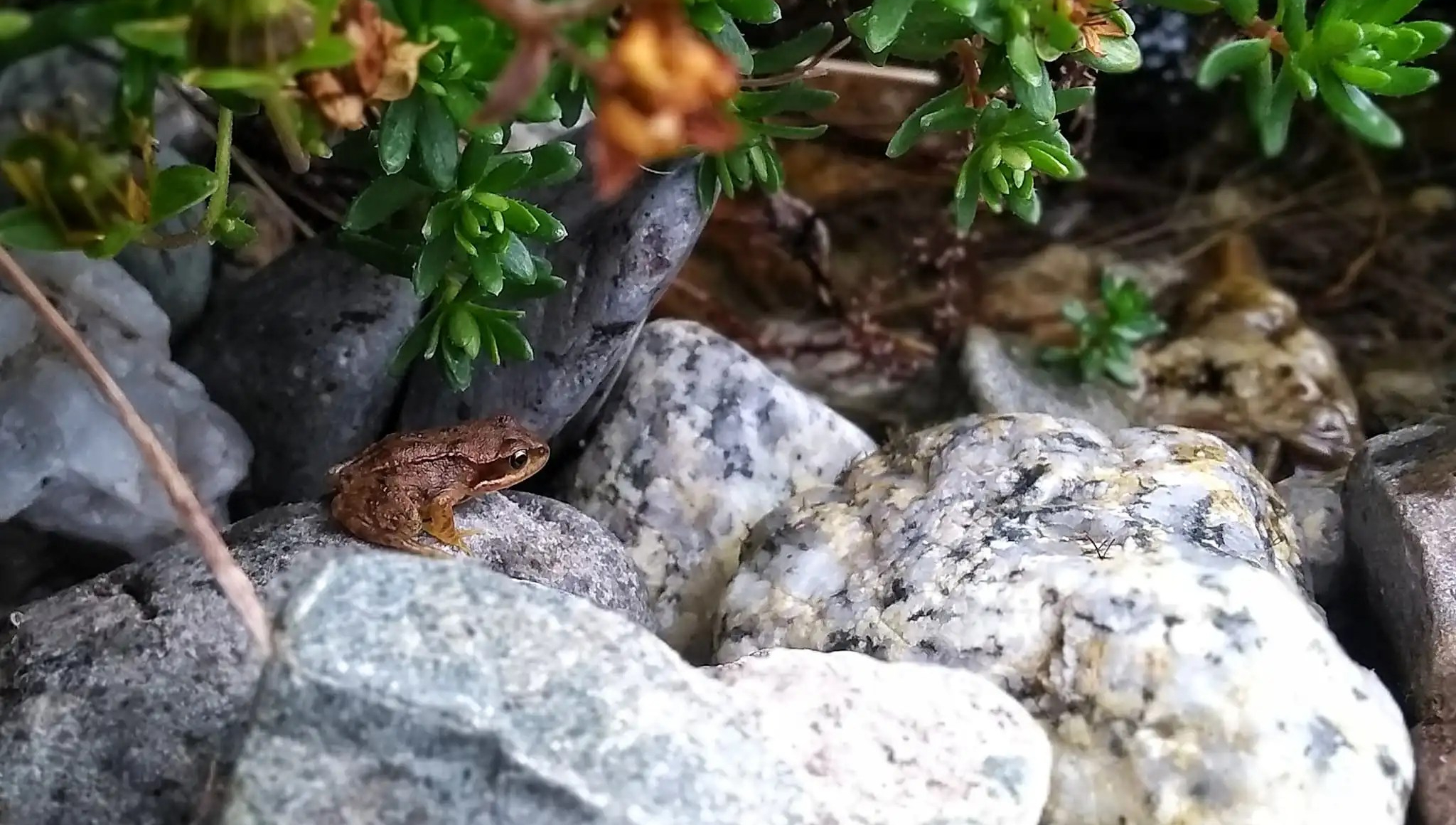In the midst of our daily lives, which on the surface are not dissimilar to the lives of millions in the developed world, we have been slowly integrating various systems and ways of thinking into our comings and goings. My wife and I earn money, go shopping and have a car. But we have been making ourselves less ‘energy blind’, in the words of Nate Hagens.
This entails a deep recognition of the profoundly odd time in which we find ourselves. Remember, for most of human history we would have worn the same clothes as our parents, sung the same songs, followed the same traditions and lived and died within a tiny radius of our place of birth. This was ‘normal’ and we evolved to fit this reality. What we consider normal today is anything but and our evolution cannot hope to adapt to what is often called ‘the great acceleration’ which encompasses economic output, population, technology and all their derivatives.
With this in mind we acknowledge the temporary nature of what we consider normal to be: exponential growth, cheap energy, global supply chains and chronic illness to name a few, and ask the obvious question: What follows?
The systems can be explored in more detail by following the links but in a nutshell: Our strawbale house is off-grid, we have a tiny home-built solar system which has been robust and reliable these last 6 years. A dry toilet processes our waste and produces wonderful compost for the garden. Ferrocement tanks collect water from the roof and passively keep it cool and potable. We also use the sun for hot water with an evacuated solar tube system. The wood-burning stove heats our straw house very efficiently during winter and also doubles as an oven (and cat-heater!). The net result of all this is a house which consumes about 4% of the energy of a conventional house and is sparse compared to the (ware)houses of others.
In short, we have tried to adapt our life and home to the intermittency which is likely to come either through scarcity of energy as fossil fuel dwindles or through the widespread adoption of renewables, such as wind and solar, which by their nature are intermittent. It may well be a combination of both as we grapple with the troubled times we’re in as expectations butt up against geo-physical realities.
A large part of this is about pre-empting that which may become obligatory or forced upon us. That which we choose after stepping back and looking at the big picture, observing trends and informing ourselves, often through exposure to awkward information which challenges our preconceptions, empowers us. I speak from personal experience. Our little solar system has left us immune to energy price hikes and leaves us with more time, money and perhaps more importantly, cognitive bandwidth to analyse the next trend and see how we respond. This is a profoundly rewarding process and certainly not about ‘being independent’ or ‘taking control’, it’s about responding mindfully to what we see around us rather than conforming to what we consider ‘normal’ despite our soul screaming otherwise. This reminds me of the oft-said phrase during covid: ‘I just want things to be back to normal’ – the mind boggles!
As a responsible human who recognises the predicament we are in, I have no choice but to invest some portion of my time and energy in things which I feel may form part of the new normal that follows. It may be a compost toilet system that I am able to educate others about. We have to seed future generations with the little morsels of wisdom, tiny as they may be, that we have come across on our own journey. Otherwise we will be lost, bereft of ideas as we look to leaders incapable of grasping the magnitude of what is unfolding. The proverbial frog in the boiling water cannot consider hopping to safety unless a fellow frog has at least thought of or preferably already done so. The challenge of our lifetime is to be that second frog, in any way we can depending on your context and capabilities.
There will be those who grow every calorie of their own food, and those who are tech whizzes able to construct complex off grid systems. Others will be great at lobbying local government for community gardens and still others will simply mentally detach themselves from things such as cheap flights and next-day delivery, thus helping others who find the absence of these things somewhat of a shock. The point is, all the above are critical in seeding those around us if and when sudden changes occur.
This is the project of our times. We can blindly conform and say ‘to hell with it’, or we can recognise the limits and parameters in which we have no say and work with those that we can influence somewhat. The closed loops which once formed our only known reality have been completely obliterated by the discovery of fossil fuels. We must start closing these loops, one by one, for this knowledge and experience will be more valuable than gold in the very near future.










Young Greta Thunberg will be proud of you and like so many of your followers truly impressed and inspired by your dedication and the successes achieved. Well done. Bob and Linda
LikeLike